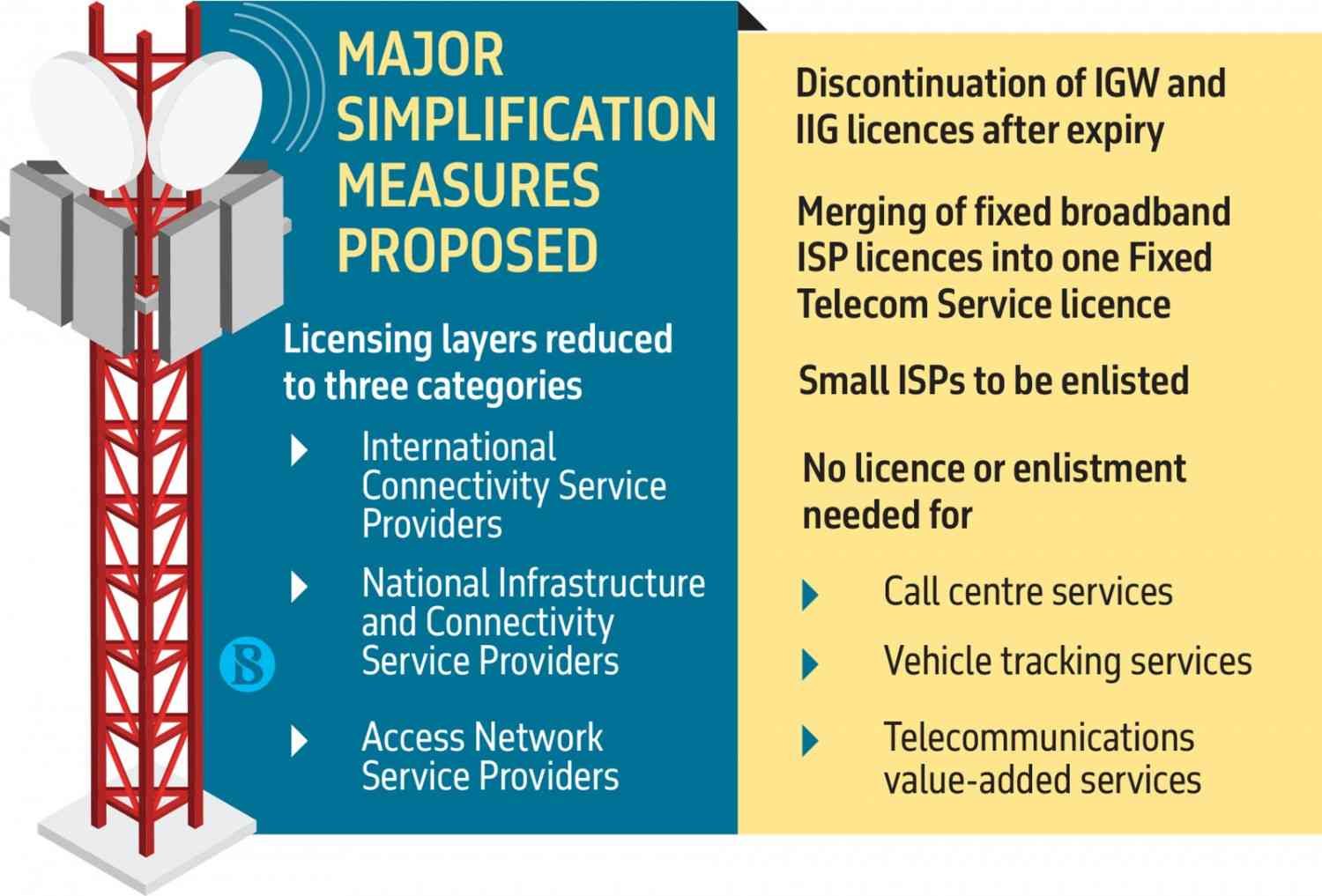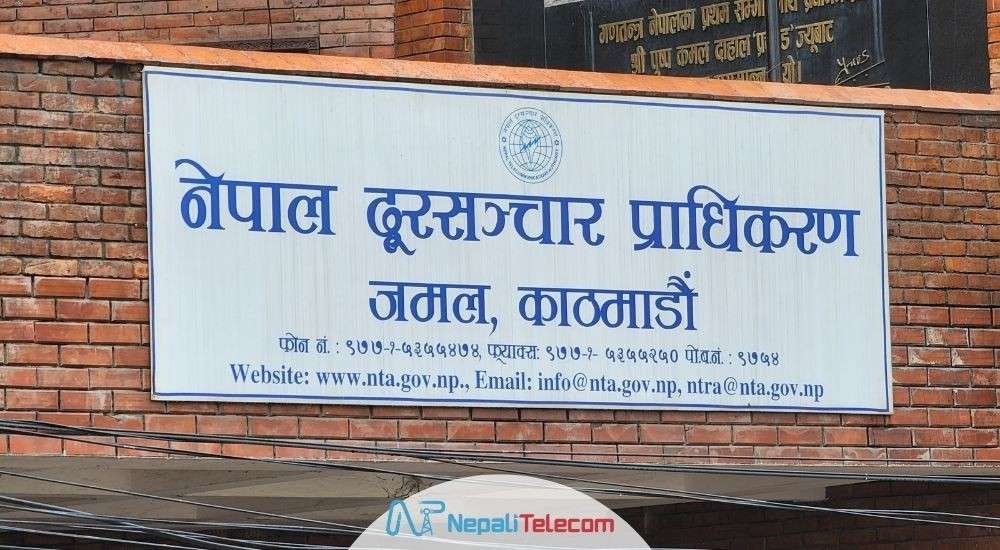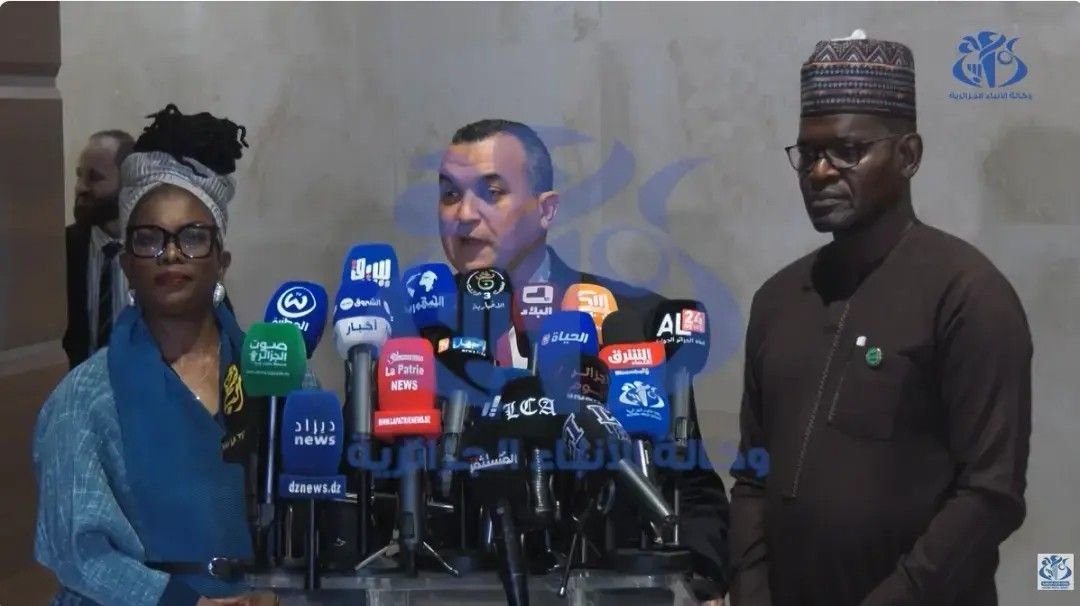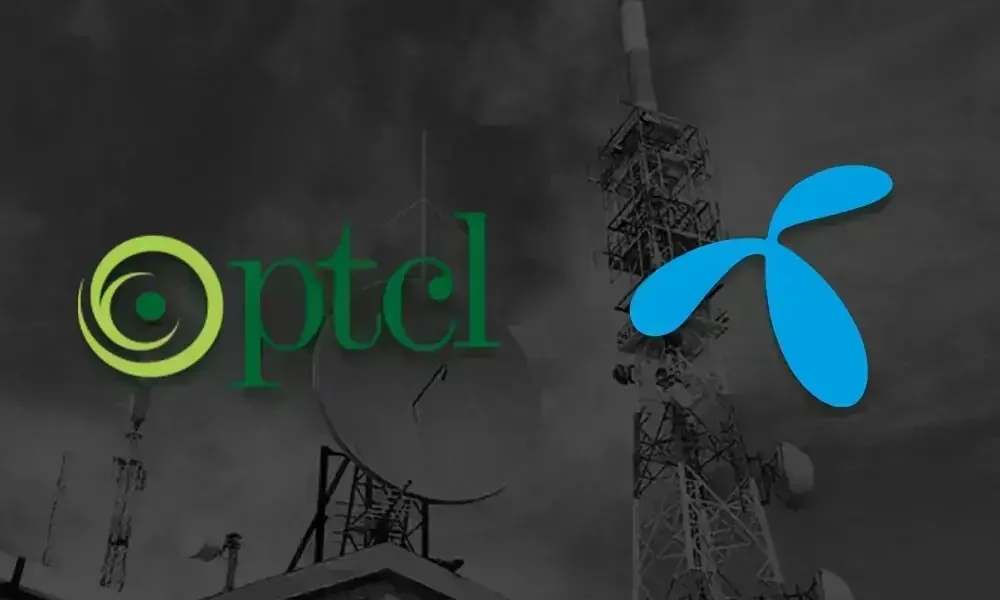The Bangladesh Telecommunication Regulatory Commission (BTRC) has unveiled a draft of the “Telecommunication Network and Licensing Regime Reform Policy 2025,” aiming to overhaul the country’s complex telecom licensing framework that has been in place for over 15 years.
The proposed reforms seek to simplify the current telecom licensing structure by reducing the multiple licensing layers to just three main categories: international connectivity service providers, national infrastructure and connectivity service providers, and access network service providers.
The draft policy, published on April 22, 2025, invites feedback from stakeholders, experts, and the public until April 30, 2025. Under the new framework, services such as submarine or terrestrial cable-based international connectivity, IP transit, carrier contracts, and call termination will fall under the international connectivity category. As part of the changes, licenses for international gateway (IGW) and international internet gateway (IIG) services will be phased out by 2027, and existing license holders can apply for the broader international connectivity provider license.
For national infrastructure and connectivity service providers, companies will handle services like tower sharing and nationwide transmission. However, existing licenses for interconnection exchanges (ICX) in the voice industry and the national internet exchange (NIX) will be discontinued. License holders in these areas can also apply for a broader license under the new categories.
The access network service category, which directly serves end-users, will see no revocation of licenses. However, the policy proposes merging fixed broadband internet service licenses—currently issued separately at national, divisional, district, and thana levels—into a single unified fixed telecom service license. Smaller internet service providers (ISPs) that do not meet the new criteria will be able to register as small ISPs through an enlistment process.
Additionally, the draft suggests eliminating licensing or registration requirements for call centers, vehicle tracking services, and telecommunications value-added services.
Once public consultations are completed, the proposed reforms will be submitted for government approval.
In a separate move, BTRC has urged the government to repeal the 2010 amendments to the Bangladesh Telecommunications Act that curtailed its independence. In a letter to the Posts and Telecommunications Division, BTRC requested autonomy in licensing, tariff setting, and other operational activities, which currently require ministry approval. The commission also called for legal protections against internet blackouts, like the one that occurred in July 2024.















